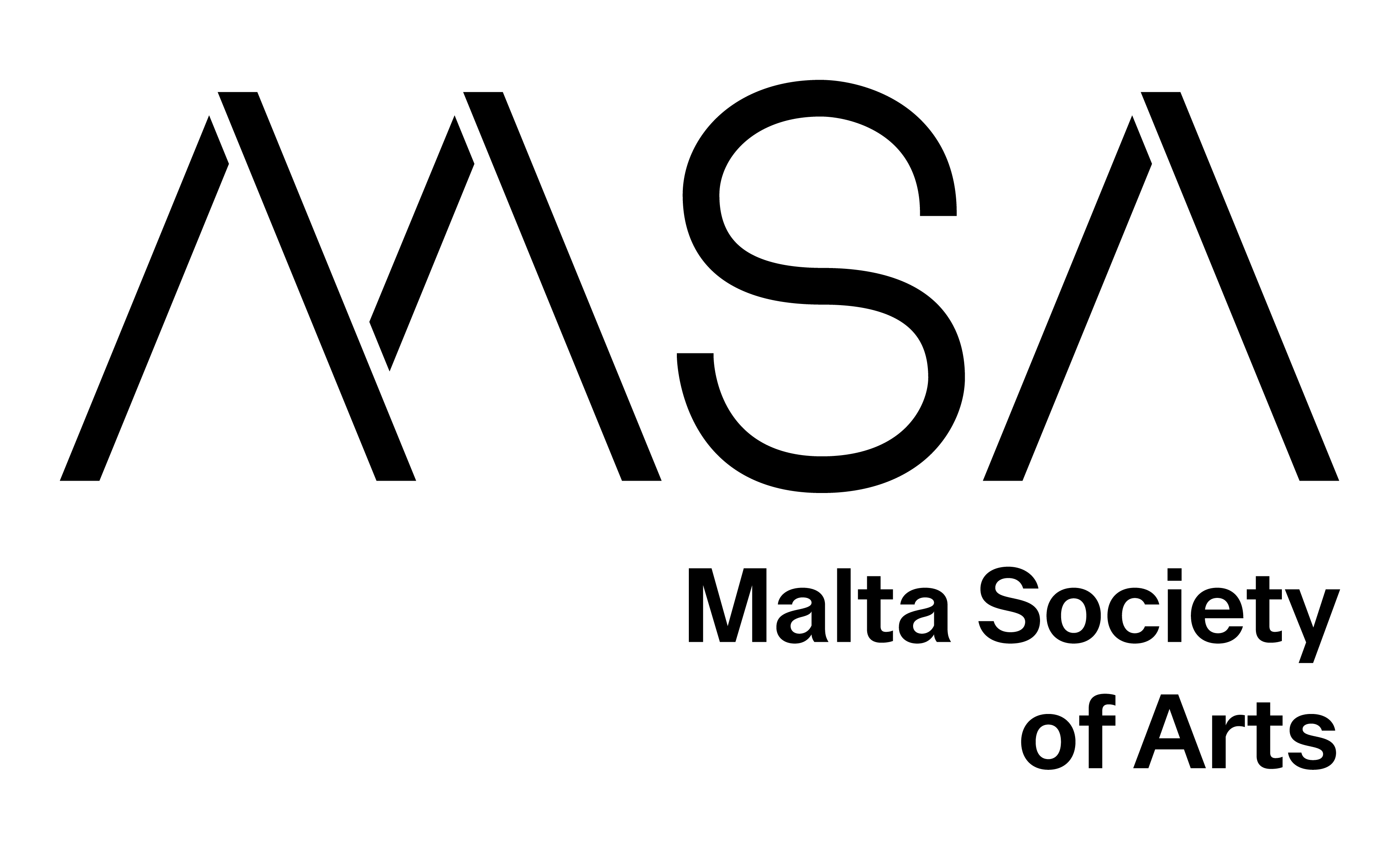For many people the impacts of climate change are subject to a high degree of speciesism, with the wider nonhuman suffering remaining largely unseen in public consciousness. This is arguably even more profound when we think about climate change and its impacts after dark (Cox et al. 2020). When we consider our relationships with other species, we typically bring to mind our daytime experiences and, thus, the nonhumans that we might encounter or anticipate being active. However, the vast majority of nonhumans are crepuscular or nocturnal, going about their lives out of sight and out of mind of most people. This paper, therefore, seeks to address this gap in knowledge and understanding by questioning our relationships with nonhuman life after dark. Specifically, we seek to embrace one of the most misunderstood nocturnal creatures, the rat. Rats are taboo, they are mythical creatures that transgress the boundaries of our real world and the imaginary. Of particular concern for us is how quickly they are being impacted by the climate crisis. One way to shift the attention to the nonhuman, such as rats, is to consider what is currently being lost, and to view our ecological state as the sixth mass extinction (Morton 2021). Specifically, in 2016, a rat-like creature Bramble Cay Melomys, was the first mammal recorded to become extinct as a result of anthropogenic climate change (Panagiotarakou 2020). Although rats are often depicted as our near neighbours, they are seldom perceived as kin. Rats are “animals that disgust us” (Jerolmack 2008), and conjure forth notions of danger and disease. What’s worse, there are ways in which rats are not even considered animals, as they are excluded from the Animal Welfare Act and thus lack any legal protection in the US (Smith 2002). Our project suggests that if we can establish kinship with rats, then barriers to wider nocturnal multispecies companionship could be profoundly unlocked.
This emerging practice-based project develops speculative-performative interventions for and with real and imaginary rats. The authors will create scenes of “fictional activism” (Williams Gamaker 2021), drawing from the Medieval legend of the Pied Piper of Hamelin. The legend is considered a multi-layered and early version of nonhuman displacement engineered by humans, and stigmatizing another species. These site-specific interventions, accompanied by customarily composed science-fiction pipe songs and poems, integrate climate science evidence from the rats’ perspective as predictions of their past, present, and future trouble. The songs are, on the one hand, composed to expand the rats’ intellectual capacities, and hence their chances of survival. Namely, controversial test results suggest improved maze learning after exposing rats to music, also known as the Mozart effect (Rauscher et al. 1998, Steele 2003). On the other hand, the songs and poems aim to decolonize human attention from consumerism (Halifax 2021) and human-centricism, and to rewild our hearts to develop multispecies compassion (Bekoff 2014). The project thus aims to change the perception of rats as a public health hazard and (black) “death”, into creative but endangered species capable of experiencing suffering.
Nick Dunn is a researcher, writer, performer, and urban theorist. He is Executive Director of Imagination, the design and architecture research lab at Lancaster University, where he is Chair of Urban Design. Nick is the Founding Director of the Dark Design Lab, exploring the impacts of nocturnal activity on humans and non-humans. He is also a Director of DarkSky UK, working towards a more sustainable relationship between the built environment and the night, as well as exploring ways to promote wider and inclusive participation with dark skies. Nick is the author of Dark Matters: A Manifesto for the Nocturnal City (Zero, 2016) and co-editor of Rethinking Darkness: Cultures, Histories, Practices (Routledge, 2020) and Dark Skies: Places, Practices, Communities (Routledge, 2023). He is the protagonist in the documentary feature film Night Burns Like Cigarettes (Steppenwolves Films, 2022) directed by Elisabeth Felson, which celebrates urban nocturnal ambiances and questions the pervasive growth of light pollution.
Dr. Kaisu Koski is a cross-disciplinary artist working with performance, film, and biological materials. Kaisu’s research focuses on multispecies relationships, the climate crisis, and the art-science methodology. She has previously conducted fellowships in medical schools in North America and Europe and developed films for medical curricula on topics such as vaccine-hesitancy and breaking bad news. Her scholarly work has been published in journals such as Leonardo, Simulation in Healthcare, and the Journal of Bioethical Inquiry. Kaisu’s work has been exhibited and performed in gallery shows and theaters in more than 30 countries and has received multiple awards in the film festival circuit. These include venues such as Künstlerhaus Mousonturm, Lawndale Art Center of Houston, WHO/UNAIDS, Estonian Museum of Applied Arts, UNESCO Art&Science, Czong Institute for Contemporary Art, COP27, and Helsinki International Film Festival. She has received numerous grants for her scholarly and artistic work, including organizations such as the Academy of Finland, the Amsterdam Fund for the Arts, and the Portuguese National Science Foundation. She serves as an expert evaluator in the European Commission Horizon Programme and UKRI. In 2020, Kaisu initiated the Citizen Surgery Collective, an interdisciplinary practice-based research group consisting of artists, critical posthumanists, and anthropologists. Their work concerns surgical literacy, sensory skills acquisition, and the relationship between (non)human animal bodies and food. Kaisu is an Associate Professor of Art and Design at Sheffield Hallam University.
Back







